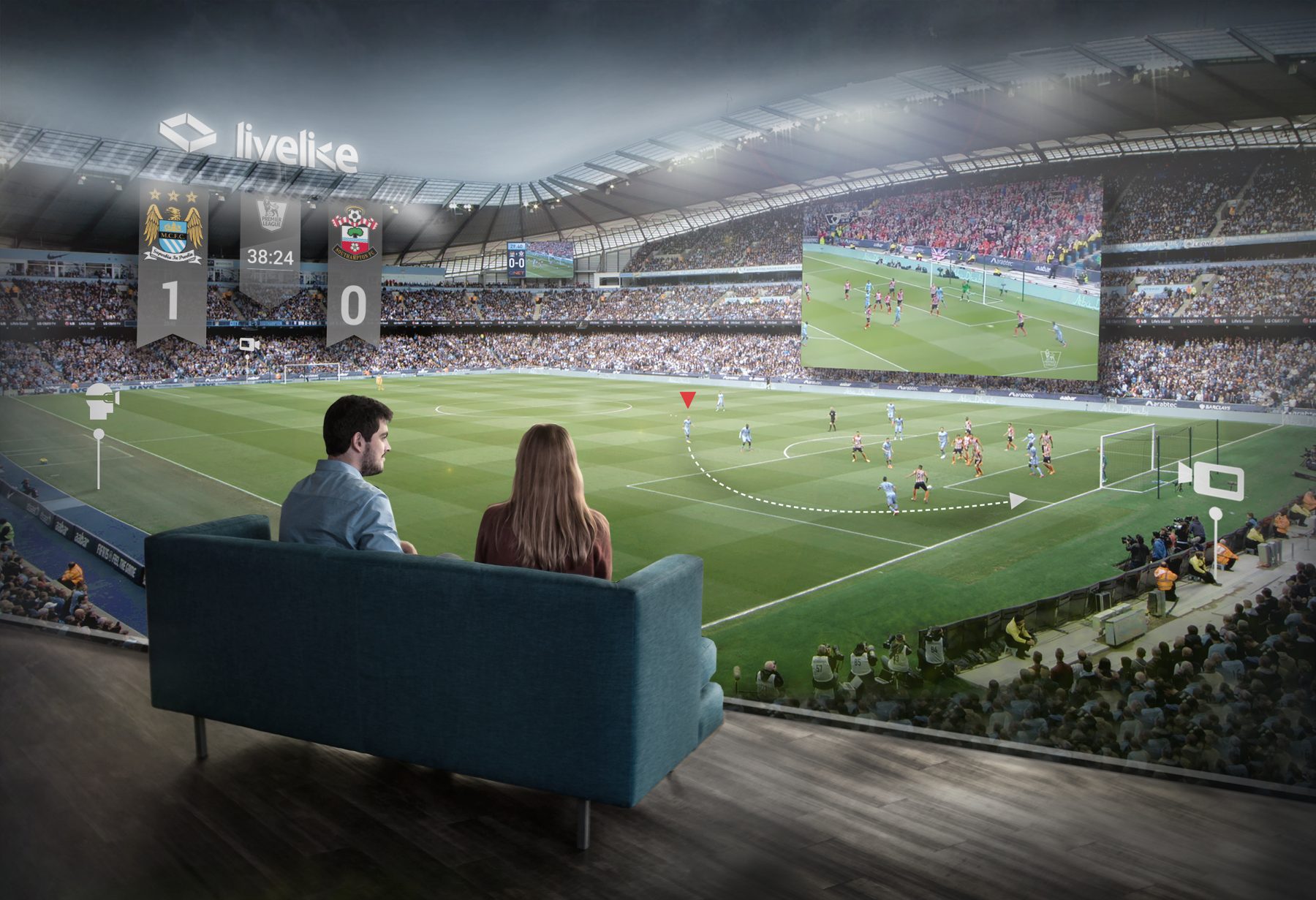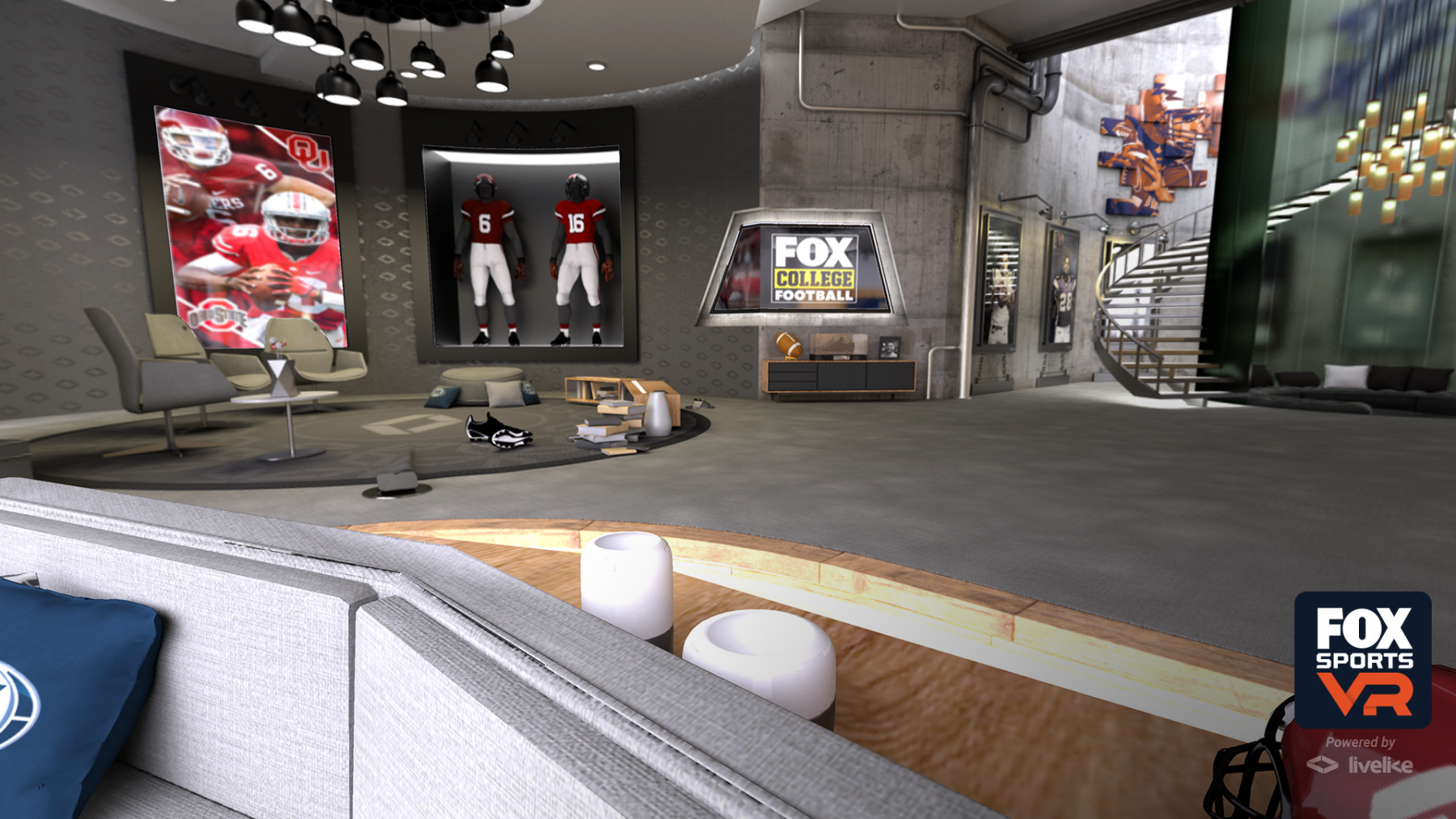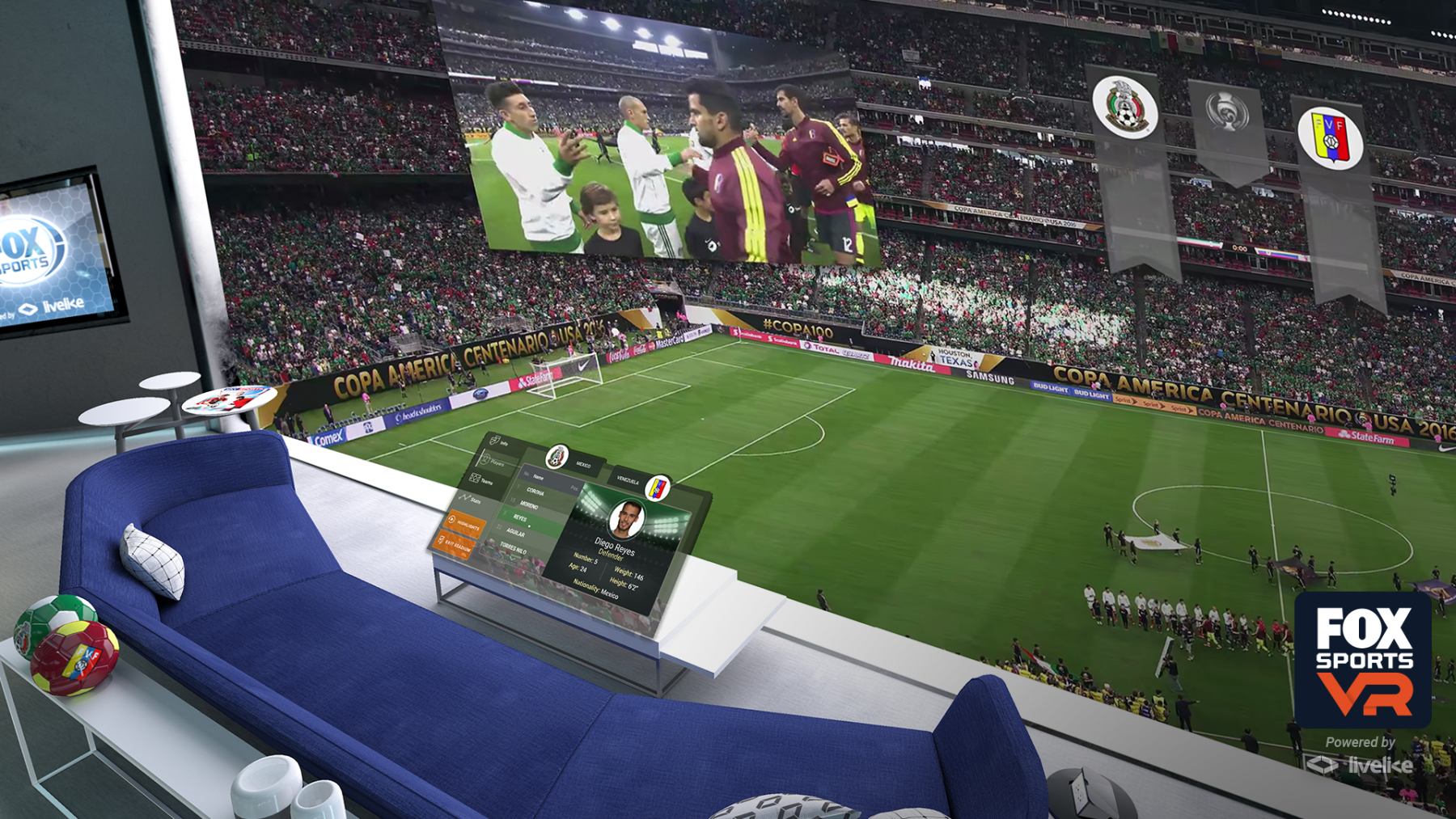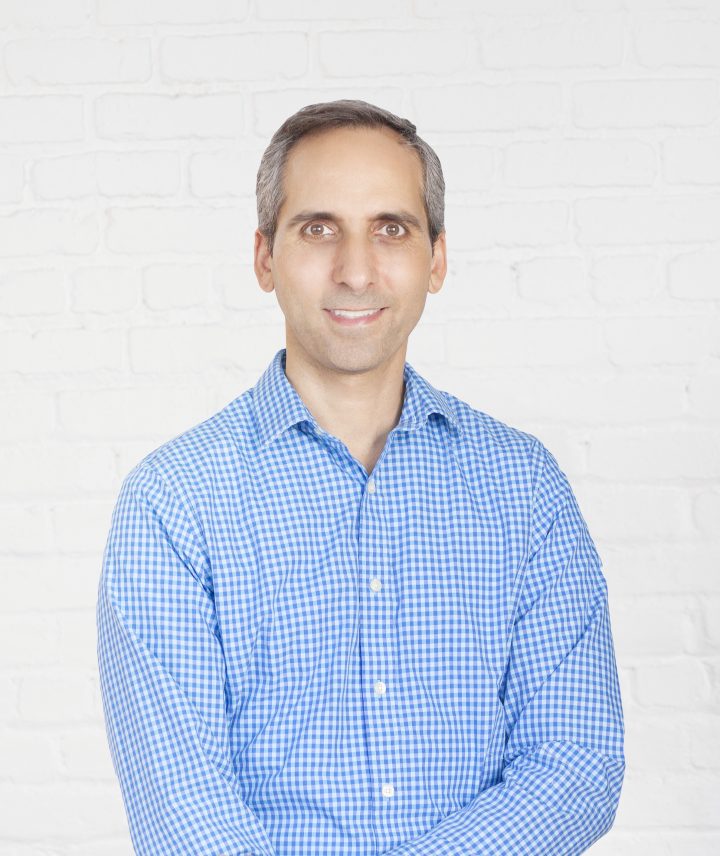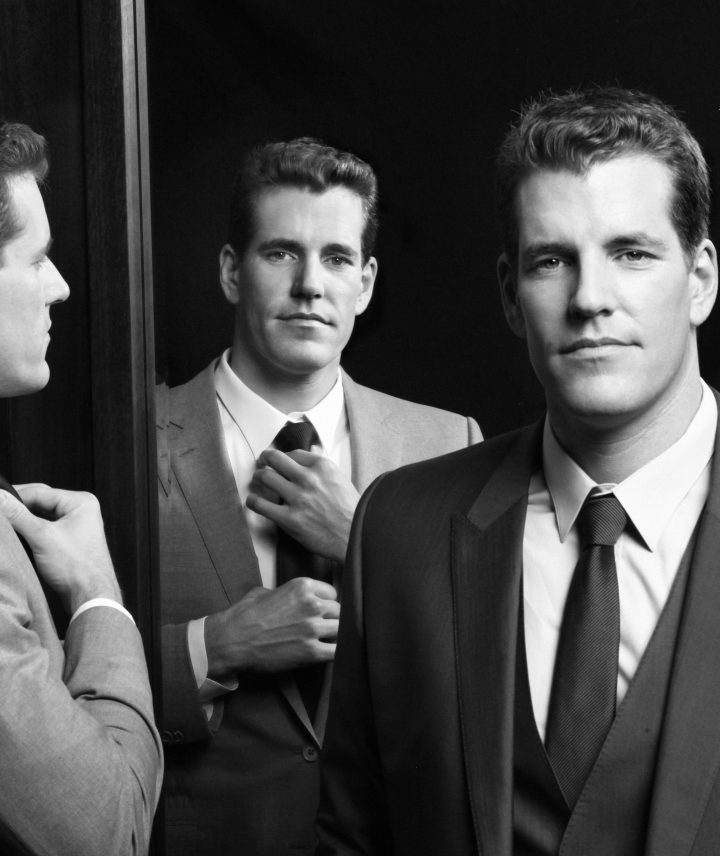Before 27-year-old Andre Lorenceau founded LiveLike, a virtual reality platform for live sports, he spent a year in Seoul, South Korea.
“It was pretty lonely,” remembers the French-born entrepreneur. “I’d just graduated from the University of Texas and was used to having people around. Honestly, I missed watching football with friends.”
Like so many expats, Lorenceau concocted a mix of Skype, text message and GChat to stay connected during games—even watching in the middle of the night. But it wasn’t the same.
“Watching sports alone is really depressing. Say there was a fourth quarter touchdown: I’d immediately look around, searching for someone to high five before I’d remember no one was there. It simply doesn’t have the same impact.”
Lorenceau started to think: What if VR could be used to not only broadcast sports, in a style similar to Next VR, but also simulate the feeling of companionship?
Enter LiveLike, a digital version of the private suites found in stadiums around the world. Users are dropped into a “room” with friends, then given access to other capabilities (like tapping to switch cameras at your own volition and controlling replay).
Their first broadcast with Fox Sports, Ohio State vs Oklahoma, drew 37,000 viewers in September. Now they have immediate plans to expand into more leagues and more sports. We caught up with Lorenceau and his cofounder, Miheer Walavalkar, at their WeWork space in New York’s Financial District to learn more about the two-year-old startup.
